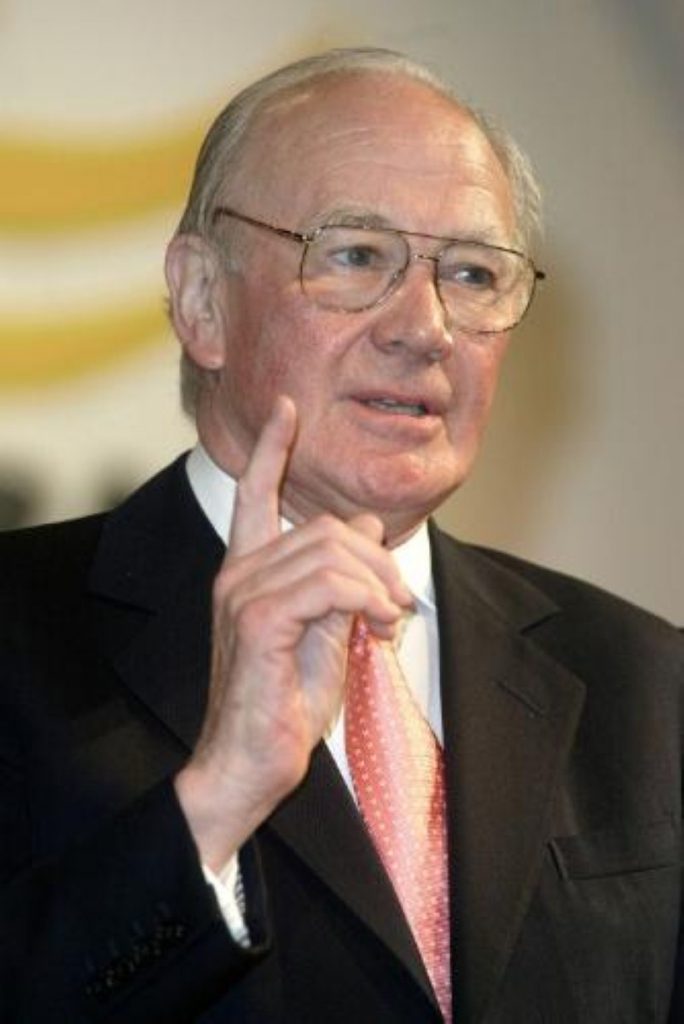Campbell: ‘Public should write constitution’
Ming Campbell has called for more power for the people in order to avert a “crisis” in British politics.
The Liberal Democrat leader argued for a written constitution, partly drafted by members of the public, and more powers for their representatives in parliament.
Writing in the Guardian, Sir Menzies warned people are increasingly alienated from the political process, being less likely to vote and now trusting politicians less than estate agents.
This, he argued, is not unreasonable when four in five votes in a general election count for nothing and he warned the public must participate in reform if British democracy is to avert a terminal decline.


He argued: “As a first step, a written constitution is essential to ensure that the sovereignty of the citizen is established.”
This, he argued, should be partly written by members of the public chosen by a lottery, before being approved by a nationwide referendum.
Sir Menzies also called for a transfer of power from Whitehall to local councils, arguing people are more likely to trust local politicians.
He wrote: “We need a radical and sustained transfer of power and responsibility to cities and towns. Genuine localism delivers better results.
“Power should be handed back to individuals as well as to communities. The disregard for individual rights is a damning indictment of a supposedly “progressive” government that has lost its way.”
Aside from more power to the people, Sir Menzies also argued that parliament should have more authority.
He explained: “As part of our determination to reassert the sovereignty of the people, we propose to turn upside down the other two parties’ approach to executive power. We believe that powers which have not expressly been conferred on the executive should be held to rest with parliament.”
MPs should be able to decide the date of general elections, while new governments should be approved by parliament rather than just appointed by a prime minister.
The Liberal Democrats will debate a full programme of reforms at their autumn conference later this month.
Gordon Brown has set out his own commitment to constitutional reform, including the prospect of a written constitution
In one of his first acts as prime minister, Mr Brown announced he would consider transferring many executive powers to parliament, including the right to declare war and dissolve parliament.

